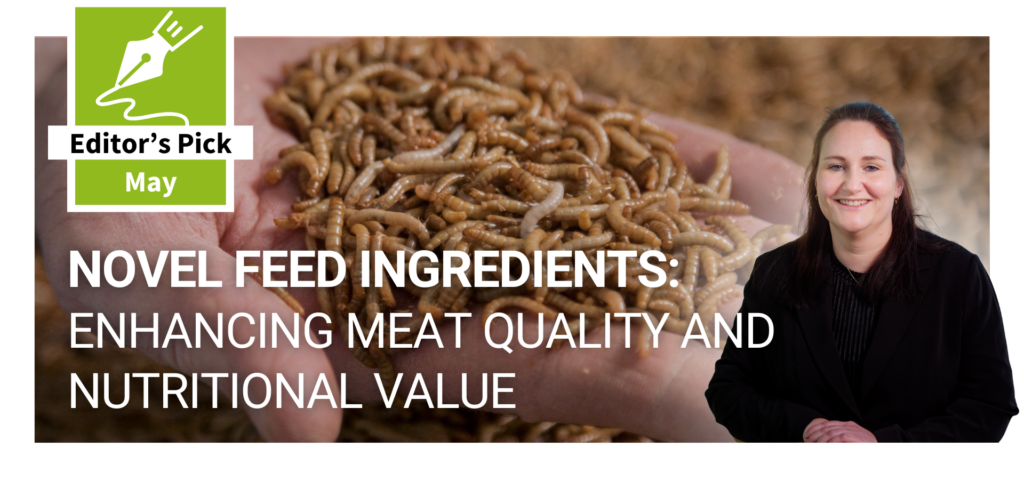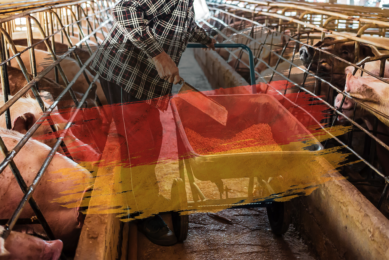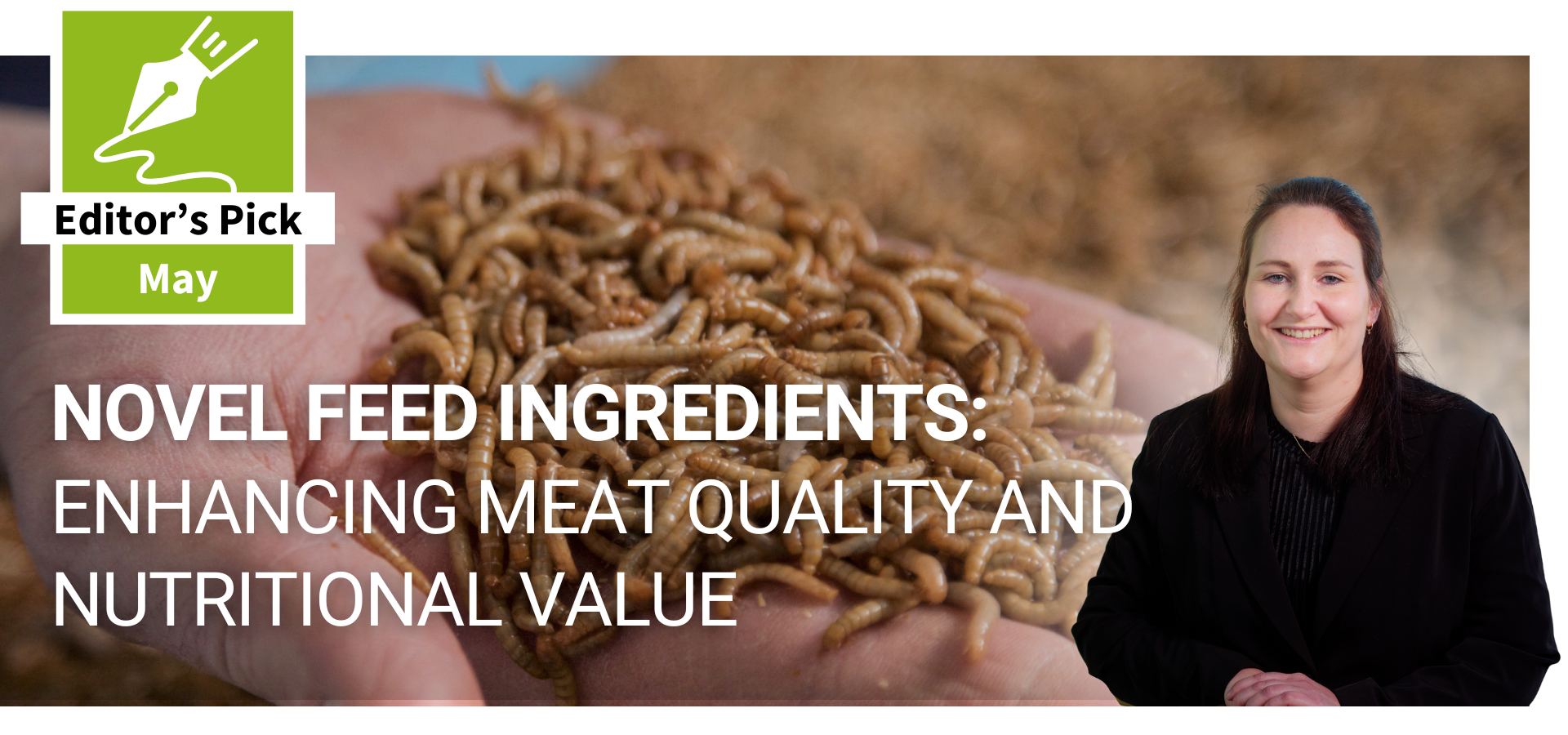US animal feed industry sees opportunities with new Washington leadership

In 2025, the American Feed Industry Association (AFIA) is prepared to focus on addressing key regulatory and trade challenges on behalf of the US animal food industry with the incoming Trump administration and Republican-led US Congress.
Of utmost importance to AFIA’s 650 members is the need to modernise the review processes for new animal food ingredients at the federal level, reduce trade barriers and showcase the many benefits that innovative, emerging animal food ingredients can play in addressing critical global issues such as food security, economic stability and environmental sustainability.
Modernised risk and science-based regulations
The AFIA anticipates a renewed focus on regulatory reform under President-elect Donald Trump, drawing parallels with his previous administration’s “two-for-one” policy, which required the review or repeal of 2 regulations for every single regulation put into place. The AFIA will continue to call for modernised regulations that are risk and science-based and that enable access to important feed innovations, such as those ingredients that support improved animal nutrition or enhanced product quality, among other benefits.
Focus on improving food safety
With the administration’s “Make America Healthy Again” agenda, the association expects the next administration to focus on improving the safety of the US food supply. The animal food industry reaffirms its commitment to carrying out its mission of producing some of the world’s safest animal food ingredients and urges the administration to align regulations with advances in animal nutrition and eliminate redundancies where possible.
Reclassification of feed ingredients as feeds rather than drugs
One issue the association has been pushing for relates to the FDA’s work to modernise its regulatory review processes for new animal food ingredients, a process which the AFIA has been engaged in for several years. The agency made significant progress in February 2024, when it withdrew an outdated policy guide that previously classified certain feed ingredients – such as those promoting better gut health, improved production, reduced emissions or enhanced food safety – as “drugs” rather than “feeds.” This shift, long advocated for by AFIA’s members and hundreds of other animal health and environmental organisations, would allow these ingredients to be more appropriately reviewed under the existing feed ingredient review pathways, including the existing FDA Food Additive Petition (FAP) process. It would also bring the United States’ regulatory framework for these ingredients more in line with its international counterparts.
Continuing work on the Innovative FEED Act
The AFIA saw great progress over the past 2 years with the introduction of the Innovative Feed Enhancement and Economic Development (Innovative FEED) Act in Congress, which would direct the FDA to address this issue via legislation. While the legislation gained bipartisan and bicameral support, it was combined with other legislation that remained unfinished as the 118th Congress drew to a close. The AFIA looks forward to continuing this work with the 119th Congress.
Apart from this effort, the FDA dissolved its memorandum of understanding with the Association of American Feed Control Officials (AAFCO) in August 2024, eliminating 1 of 3 mechanisms for ingredient reviews in the animal food industry. In its place, the FDA has proposed a new process, deemed the Animal Food Ingredient Consultation (AFIC) process. The AFIA, along with other stakeholders, provided feedback on this proposed system and submitted recommendations for improving the remaining FAP and Generally Recognized as Safe (GRAS) review processes. These steps are expected to foster more efficient regulatory frameworks for the animal food industry.
Strengthening global trade and supply chains
The AFIA is optimistic that the Trump administration’s “America First” foreign policies will prioritise fair and science-based trade practices. This includes addressing trade challenges and expanding market opportunities for US animal food exports.
Given the spotlighted concerns around unfair trade practices, the association urges the new administration and Congress to take prudent action regarding critical ingredients which are not produced domestically and are dominated by single-country sources. For instance, China currently produces over 70% of global vitamins and significant percentages of essential amino acids, such as lysine, threonine, valine and methionine. Interrupted access to these ingredients could potentially lead to major animal welfare, food security or national security concerns. Over the past 2 years, the association has been advocating for a comprehensive strategy to strengthen supply chain resiliency – one that could include tactics such as bolstering domestic manufacturing and diversifying trade relationships to mitigate risks.
The association remains concerned about continued supply chain impasses that cause ripple effects throughout the industry, including labour disputes that lead to port shutdowns at US ports and border crossings, and will remain committed to urging the administration to resolve these situations to avoid costly shutdowns occurring.
A thriving industry moving forward
The animal food industry remains a vital part of the US agriculture sector and national economy, with exports totalling US$13.4 billion in feed, feed ingredients and pet food products in 2023. In early 2025, the AFIA, through the Institute for Feed Education and Research, plans to release updated data on feed and pet food consumption across US livestock, fish, poultry and pets, highlighting the diverse ingredients used in animal diets.
Looking ahead, the association’s 650 members are committed to supporting customers at home and abroad with the innovative solutions they need to enhance animal nutrition and production while reducing their environmental footprints.











